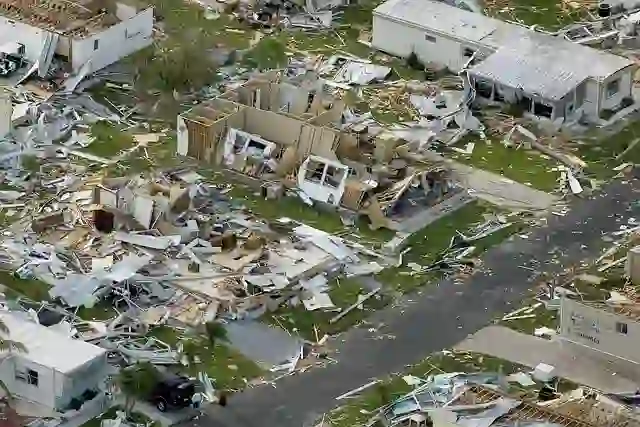Introduction:
Disasters can strike at any time, and it’s essential to be prepared for them. Whether you live in an area prone to hurricanes or earthquakes, floods or wildfires, having a plan of action is crucial for keeping your loved ones safe during a crisis. In this blog post, we will discuss the importance of disaster-specific preparedness as well as prepping essentials and home defense strategies that can help you stay protected during a crisis.
Disaster-Specific Preparedness (Hurricanes):
Hurricanes are one of the most common natural disasters in many parts of the world. To prepare for a hurricane, make sure you have enough nonperishable food, water, first aid kit, flashlights, batteries, and cash on hand. It’s also important to secure all loose outdoor items such as lawn furniture, trash cans, and garden equipment. If possible, move valuable items to higher ground or an interior room without windows. Have a communication plan with family members so everyone knows where to meet up after the storm passes.
Disaster-Specific Preparedness (Earthquakes):
Earthquakes can cause significant damage to buildings and infrastructure. To prepare for an earthquake, secure heavy furniture and appliances to walls using straps or bolts. Install braces to prevent bookcases from tipping over. Store breakable items in low cabinets or drawers. Make sure you know how to turn off gas, electricity, and water supplies. Practice drop, cover, and hold on technique until the shaking stops. Have an emergency kit ready with necessary supplies like food, water, first aid kit, and tools.
Prepping Essentials:
A good prepper should always have some basic necessities on hand. These include food, water, shelter, lighting, communication, security, and sanitation. Stockpile nonperishable food and water for at least three days. Consider adding survival gear like camp stoves, cookware, and utensils. Build or buy a backup power source like solar panels or generators. Don’t forget about protective clothing, footwear, and gloves. Invest in reliable communication devices like radios, walkie talkies, or satellite phones. Ensure your home has adequate locks, alarms, and surveillance systems. Finally, consider adding portable toilets or chemical toilets for sanitation purposes.
Home Defense Strategies:
During a crisis, your home may become your safest haven. Here are some tips to keep your loved ones safe inside:
1. Secure all entry points including doors, windows, and vents. Use reinforcements like steel bars, plywood boards, or metal screens.
2. Create a safe room or shelter space that’s stocked with emergency supplies. This could be a basement, interior room, or storm cellar.
3. Establish a communication plan with family members so everyone knows what to do in case of an emergency.
4. Teach children how to respond during a crisis. Practice evacuation routes, fire drills, and lockdown procedures regularly.
5. Train yourself and other adults in self-defense techniques like martial arts or weapons handling. Know how to use guns, knives, or pepper spray responsibly.
Conclusion:
Being prepared for disasters isn’t just about having a supply of goods. It’s also about having a plan of action and knowing how to defend your home and loved ones. By following these guidelines, you can increase your chances of surviving a crisis and emerging unscathed. Remember, disasters don’t wait for permission to happen, so start preparing today!
